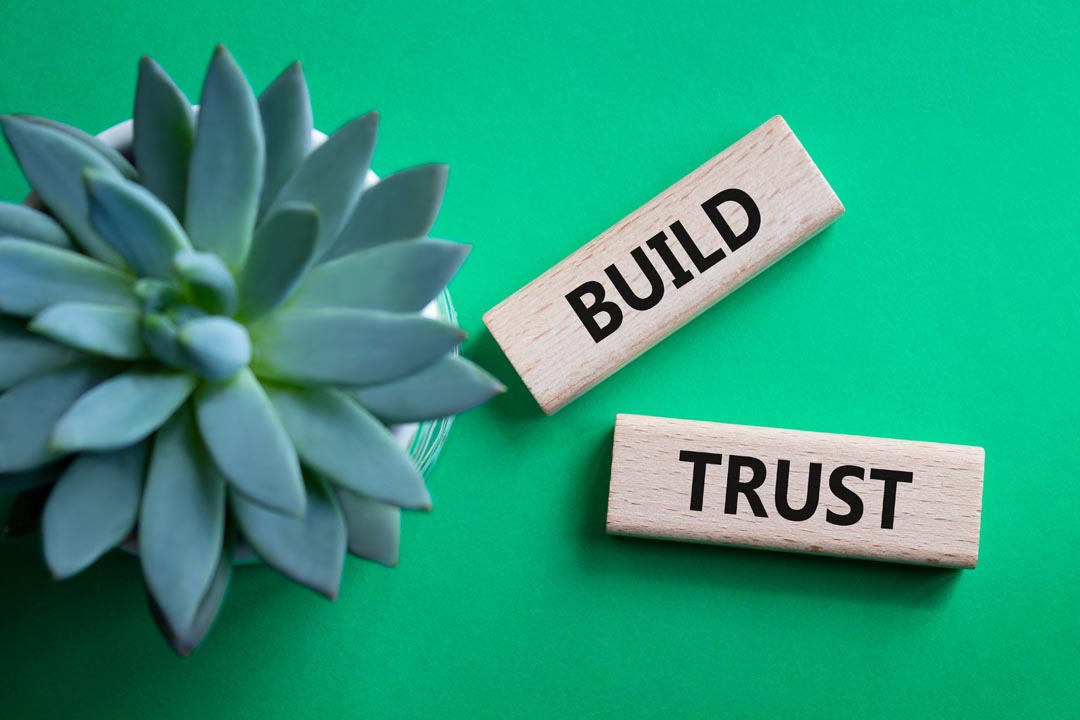Nature is the theme of this year’s Mental Health Awareness Week, and Liggy Webb has some connection ideas.
Connecting to nature can boost our mental health and contribute to our physical wellbeing by reducing blood pressure, regulating heart rate, easing muscle tension and managing stress levels. The natural world is the foundation of our health, wellbeing and prosperity and exposure to nature is beneficial for all of us as human beings.
There are so many ways that we can bring nature into our everyday life from indoor or outdoor gardening, exercising in the fresh air, exploring green spaces and being around insects and animals. Any way that we can connect with nature will have a positive impact on our overall health and wellbeing.
Here are a few ways to connect well with nature:
Slow down and appreciate what is going on around you
We are living in the busy ages and often we have so much going on that we can take for granted the wonders of nature and what is happening around us in the actual moment. Being more mindful and creating intentional pauses in our day to notice and appreciate things is so important for our overall wellbeing.
The changes that we make don’t have to be huge and there are so many simple things that we can do at home or in the workplace that will help.
When we take time each day to be grateful for what is happening around us, we will begin to appreciate things far more. Simply observing a beautiful butterfly feeding amongst the flowers in the garden, or listening to a bird singing, can bring with it a precious moment of joy.
Open your windows and let the fresh air into your home
Opening our windows and doors allows natural air to flow through our homes which can provide a more relaxing and natural atmosphere. This also allows us to let out stale air because this is air that has been breathed in and doesn’t contain as much oxygen as the fresh air from the outside.
A lack of fresh air can mean a lack of oxygen to the brain resulting in fatigue and dullness of mind. So, even on a cold day, turning off the central heating, wrapping up warm and letting some fresh air breeze through our homes can do us the world of good.
Exercise outside as much as you can
Walking is a great form of exercise and it is simple, free and one of the easiest ways to get more active, lose weight and boost our overall wellbeing. Whether we walk in the local park or around the neighbourhood, getting outside exposure will strengthen our connection with nature.
Walking 10,000 steps is equal to walking approximately five miles. This number of steps is often quoted as a good daily target to aim for and will help to boost our emotional and physical health. Any sport or hobby that involves the great outdoors is an excellent way to get our exercise.
Embrace the benefits of gardening
Gardening is a fascinating experience that exposes us directly to the work of nature as we watch things grow. It has also been proven to improve mood, manage feelings of anxiety and depression as well as reduce stress levels.
Gardening is also a great way to get fit with digging and shovelling coming top of the list for burning the most calories and mowing and weeding not too far behind. Gardening can be a very creative activity and provides us with a sense of purpose and achievement, as well as inspiring us with the many miracles of nature.
Notice each season’s flowers
Flowers can have an immediate impact on our happiness and a long-term positive effect on our mood.
Flowers can provide natural medicines for humans and some animals and they also assist in a plant’s reproduction by attracting outside pollinators. Without all the varied colours of flowers, plants would only be green, and the world would be a duller place. Noticing each flower that is in season and learning their names is a great way to exercise our minds as we learn about each one.
Protect and support wildlife
To maintain a healthy ecological balance on earth, animals, marine species and plants are as important as human beings. Every organism has a unique function in the food chain that makes a valuable contribution to our ecosystem.
Many animals and birds are becoming endangered so by conserving wildlife, we are ensuring that future generations can enjoy our natural world and all the important species that live within it.
Learning more about wildlife, living responsibly, volunteering and making donations can all be helpful. Adopting an animal for someone, as a special gift, is just one wonderful way that will help people feel that they are doing their bit for the environment.
Make a positive difference
If we all make the effort to reduce our impact on the environment, then together, we can make a positive difference. The changes that we make don’t have to be huge either and there are so many simple things that we can do at home or in the workplace that will help.
Making a conscious habit of eliminating one-use plastic, saving water, turning off lights or thinking twice before we drive our cars, instead of cycling or walking, can make such an important impact. Each of us in a little area of the earth can make such a positive difference and if all of us make a commitment to do our little bit of good by critical mass it will have a huge impact.
About the author
Liggy Webb is founder and CEO of the Learning Architect




